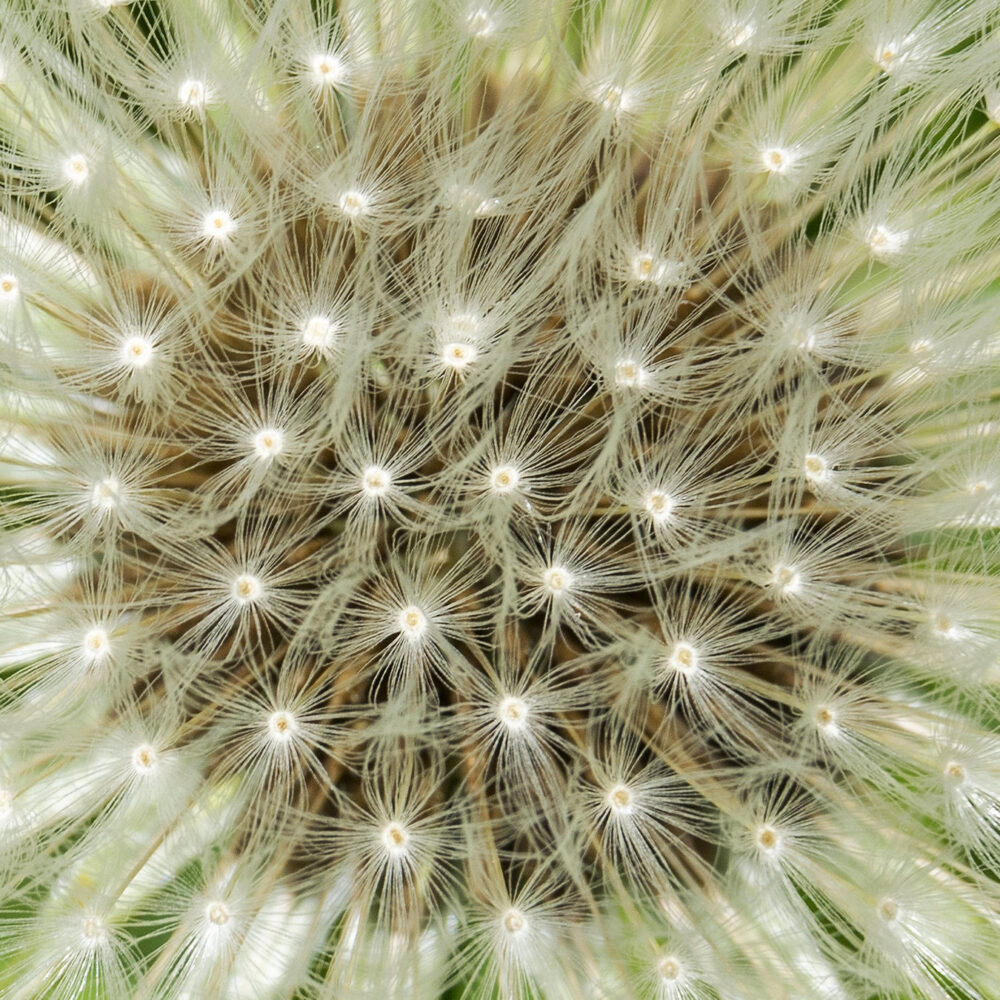
This post is the latest in my series of “Wow! How? Health” stories, also shared on LinkedIn if you want to follow the conversation on that platform. It starts with a story that long-time readers of this blog will hopefully recognize!
Ten years ago this week my friend Delina texted me:
I am sweeping the kitchen and just found one of my brother-in-law’s Parkinson’s pills.
Every time he has to take it, he drops it. It is tiny and, well, he has Parkinson’s. I can’t tell you how many times the kids end up on the floor looking for the pill he just dropped.
Are there any hacks for a Parkinson’s patient to manage those tiny pills?
She knew that I am always on the look-out for elegant work-arounds to home health care challenges and if I did not have an answer for her question, my online community would.
I wrote a short blog post and the flood gates opened. All manner of sticky foods were proposed for picking up tiny pills (honey, Fig Newtons, bananas). People suggested ingeniously repurposed tools (seed dispensers and bead grabbers) and discussed how they modified pill trays, capsules, and boxes for themselves and their loved ones with low dexterity or tremor.
The conversation in the comments continues to this day as people search for similar questions and stumble on my post. Medication management for Parkinson’s disease (PD) is such an evergreen topic with growing global relevance that I included it in my book, Rebel Health, as an example of how Solvers contribute to health care. People with lived experience with a health challenge often invent or adapt devices to meet their needs. Networkers spread the word about these innovations and Champions help the new ideas scale.
Delina’s questions about PD have changed in recent years as her brother-in-law’s symptoms have worsened. And the disease has come even closer to home since her husband Ben was also diagnosed with PD.
When I messaged her last week to marvel at the ten-year anniversary of her question, she shared how much her concerns have shifted: “Now I wish we had a network of people who have dealt with early-onset Parkinson’s and all that means for your work, family, and life. It goes beyond just movement. At the time I was thinking about a practical hack for pill management with tremor. But now I want to know: What is the hack for connecting with other people in the same situation?”
Delina is wary of Facebook groups, having seen misinformation being posted, and sometimes wishes that clinicians could recommend networks to help connect people with similar conditions or challenges. She is voicing concerns and wishes that I have heard over and over when talking with patients, survivors, and caregivers about what is missing in their pursuit of health: Connection with trustworthy information and with each other.
Allie Signorelli is another early-onset PD patient who craved peer advice and connection. She found it on Instagram as @imstillallie. As she writes in a recent post on KatieCouric.com, “In the year since I created my account, it has grown to more than 60,000 followers, many of whom have Parkinson’s Disease or love someone with it. They now serve as my de facto support group, my unending source of inspiration, and my place of solace. Social media is often justifiably vilified, but community is essential, especially in a crisis, and this one has become a lifeline.”
Your turn: Where have you seen communities grow to fill in gaps left by mainstream health care? How might we help people with all kinds of health challenges find each other to trade practical tips and other supportive advice? Please share your ideas – and further questions – in the comments.
Image: Stars by Paul van de Velde on Flickr.
Leave a Reply